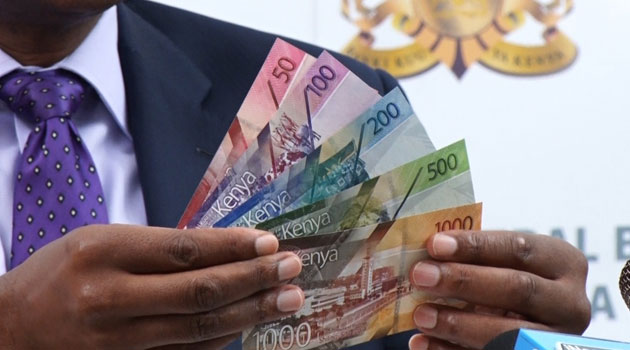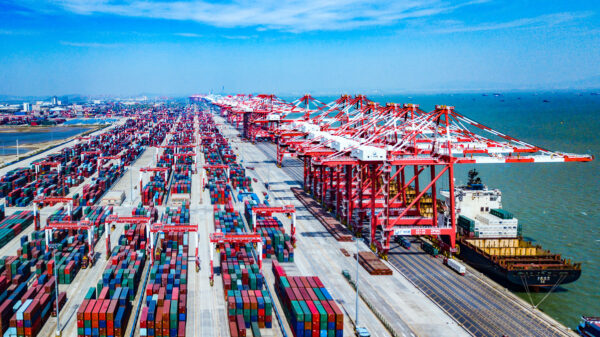
In a three-day meeting held in Brussels, Belgium, the two parties failed to agree on contentious issues of duties and taxes on exports and on Most Favoured Nations (MFN)/FILE
In a three-day meeting held in Brussels, Belgium, the two parties failed to agree on contentious issues of duties and taxes on exports and on Most Favoured Nations (MFN).
However the meeting managed to conclude on the issues of the institutional arrangements and dispute settlement.
“Consensus was not reached by both Parties on Article 15 (Duties and Taxes on Exports) and on Article 16 (Most Favoured Nation) of the Framework of Economic Partnership Agreements,” a statement from EAC said.
Another ministerial meeting is now expected to be held within the region by March this year to see the way forward on how solve the outstanding issues and hasten the process.
Kenya is aiming to conclude an agreement that will help her continue favourable trade deals with EU and at the same time with EAC without restrictions.
Kenya stands to lose compared to other EAC member states especially if the issue of taxes and duty on export is not solved by the end of October this year, as it is likely to hit hard on the flower sector.
Unlike the other four EAC sister states (Uganda, Tanzania, Rwanda and Burundi), Kenya is not listed as a Least Developed Country and as such will have its products attract a tax rate of up 16 percent on her exports to the EU.
Currently, Kenya is the leading supplier of fresh cut flowers to the EU with an approximate market share of 38 percent.
It is estimated that nearly one million stems are cut, graded, chilled and delivered from Kenya to key EU destinations every day.
























